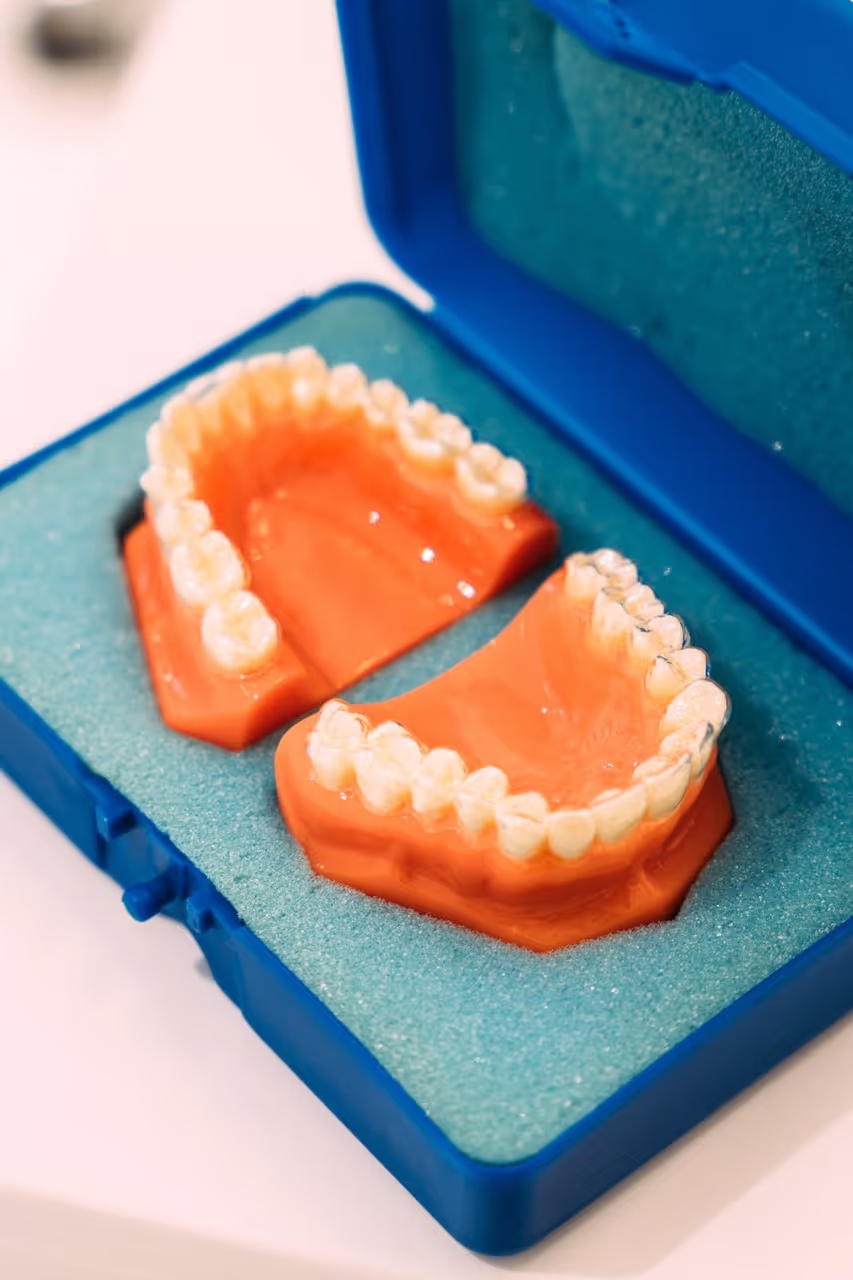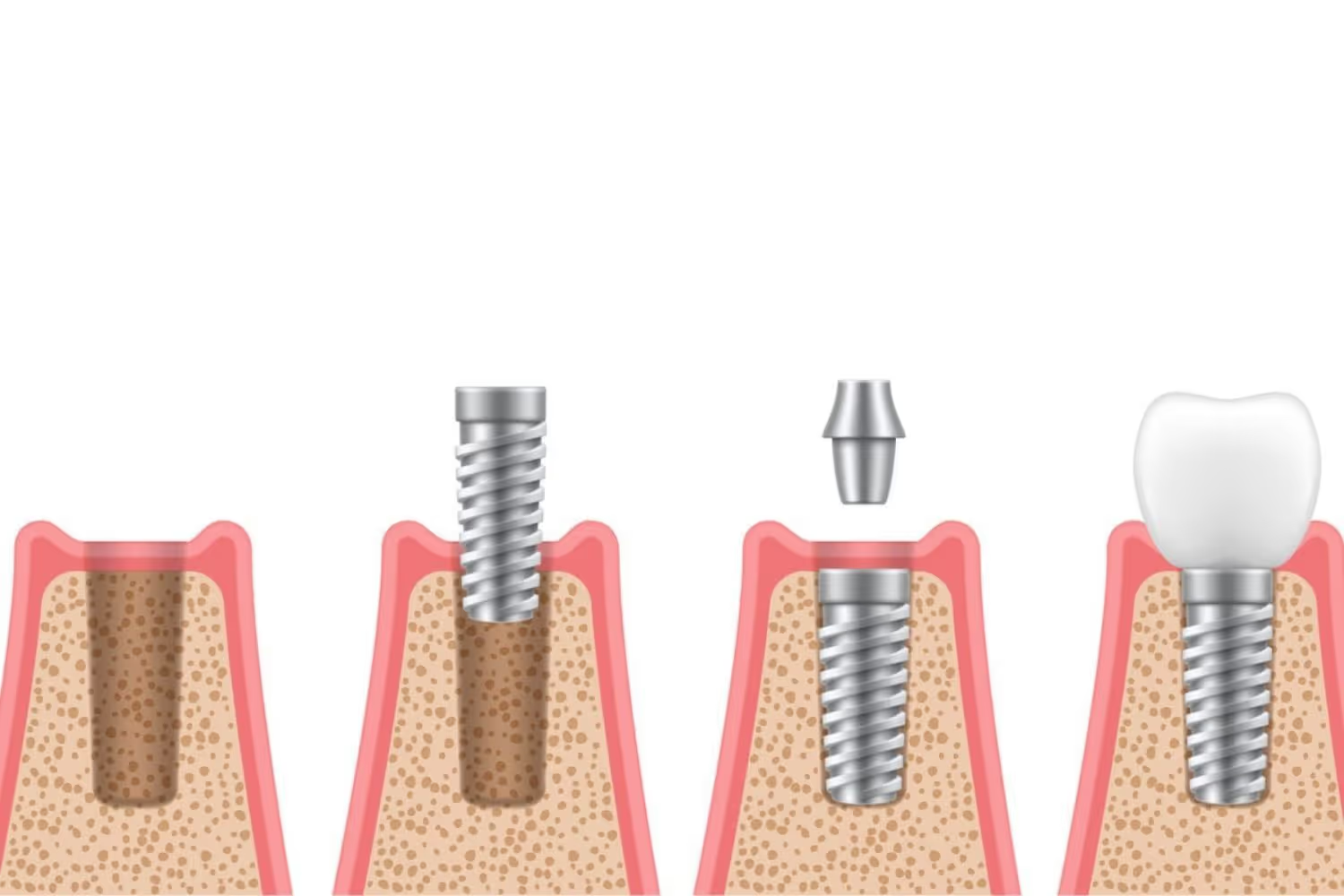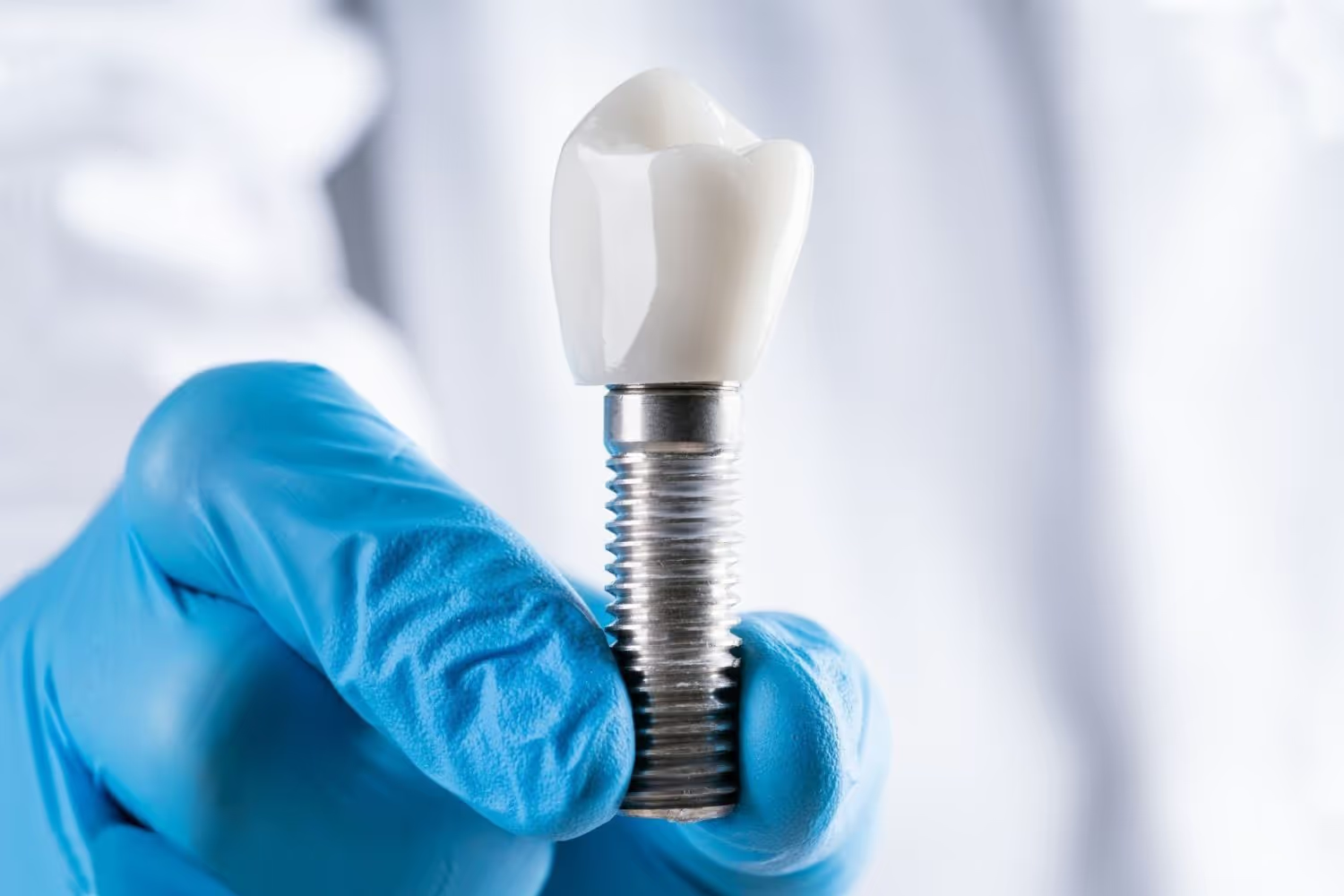

September 18, 2025
When to replace missing teeth? Immediately following an extraction or after a period of healing?Who doesn’t want to replace their missing teeth faster? When weighing the differences between immediate and delayed implants, it’s no surprise that patients choose fewer procedures, fewer appointments and an overall minimised appointment timeframe.However, it’s not always possible to place a dental implant immediately after extraction - simply because, in some cases, immediate placement won’t have a strong chance of long-term stability and success. The decision of when to place the implant depends on multiple factors that are all perfectly aligned, and we’d only be able to explore it after a consultation.To begin to understand the differences between immediate and delayed implants, you need first to know what they are:

With immediate dental implant placement, when extracting your tooth, the dentist also places the dental implant screw at the same time so that they can heal together.When placing dental implants using this method, the total recovery time is around six months when the implant fully fuses with the jawbone.The faster turnaround is undoubtedly a benefit to patients, and it is something our implantologist can offer - but we have to ensure it will work for you.

Dental implants have a 98% success rate for a reason - dentists like us do extensive pre-planning during the consultation, which takes an in-depth look into your bone structure, density, critical nerves, blood vessels, and sinus position to see if you’re immediately viable.Deciding whether you’re a candidate for immediate dental implants requires multiple factors, including whether you fit certain criteria.

With immediate implants versus delayed implants, there’s a risk of implant failure because simple activities like chewing afterwards can cause issues. There’s also the chance that patients can develop gum recession around the treatment site and a loss of bone volume.Typically, patients with limited soft tissue available are not eligible candidates, as implant dentists will require a substantial amount before patients can qualify for an immediate procedure.

As delayed dental implants are drawn out over a longer process, they often lead to better results with precise placement and improved healing, making them the better choice for long-term success.With clinical evidence and studies suggesting that delayed implants have a slightly higher success rate, implantologists like us in London prefer them.Plus, by choosing delayed implants, patients also reduce the risk of instability or infection.
However, with delayed implants, the disadvantage is in the name.Patients must wait for their extraction site to heal before dental implants can be placed, which will take a minimum 10-week recovery period.